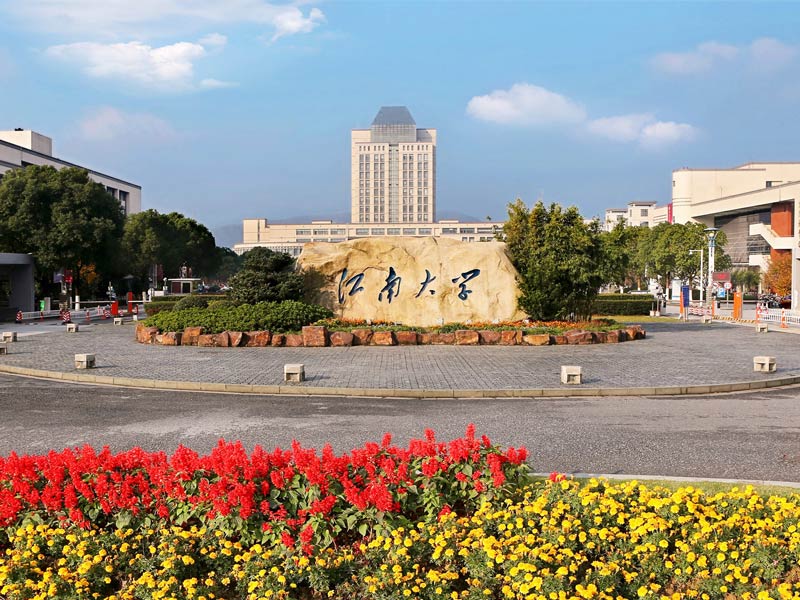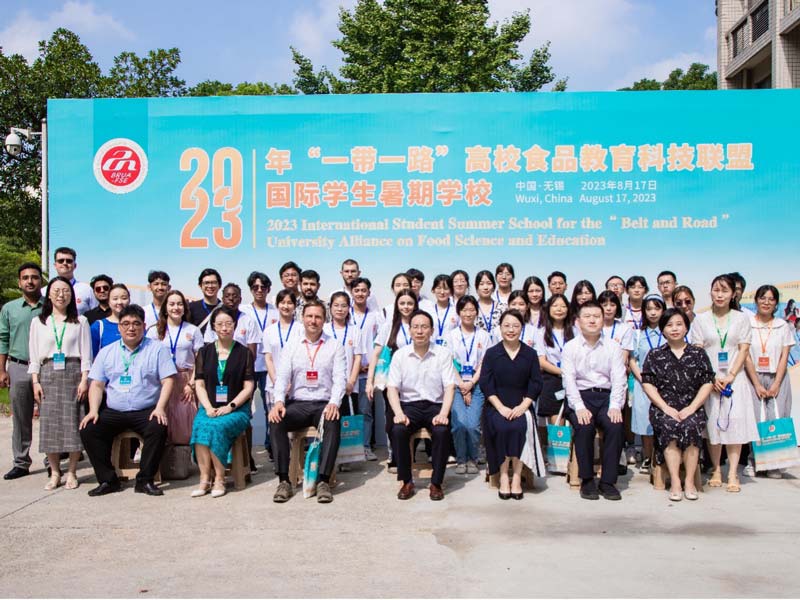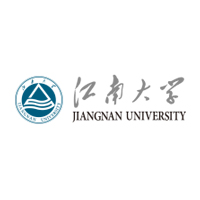How Jiangnan University crafts its curriculum for students, industry and the wider economy
At China’s Jiangnan University, students can pursue various disciplines carefully designed with local, national and global needs in mind

One of the goals of higher education is to ensure that younger generations can pursue their passions. This approach is clear at Jiangnan University, where a broad spectrum of disciplines is available to students, including doctoral degrees in fields ranging from the humanities to mechanical engineering.
In March 2022, the university formulated its progress plan, which articulated its long-term vision for becoming a world-class institution. Additionally, the university has implemented comprehensive initiatives around discipline design, including its discipline training and enhancement plan. Jiangnan University enhances its curriculum planning by methodically designing its disciplines, increasing resource investment and promoting the construction of basic disciplines. Through this approach, the university enhances talent cultivation and scientific research while supporting the nation’s strategy to drive innovation.
Interdisciplinarity is paramount to Jiangnan University’s success. The institution is guided by national strategic needs, targeting emerging industries and local economic and social development. Additionally, it emphasises the need for collaboration between departments, universities, provinces and cities within China.
China’s Ministry of Education has set forth a clear vision for creating world-class universities, pointing out the need to strengthen the connection between applied disciplines, industries and regional development. In recent years, Jiangnan University has demonstrated a commitment to this vision through a two-fold approach that prioritises curriculum construction and local development needs.
The university offers master’s programmes in seven disciplines designated as key areas of development for the Jiangsu Province by the Chinese government’s 14th Five-Year Plan. The university has earmarked three interdisciplinary collaborations for promoting regional growth: food science and engineering, light industry technology, and engineering and design. Jiangnan University focuses on various synergies, including the intersection of different subjects for practical innovation in areas such as textiles, healthcare, AI, and the Internet of Things.

To ensure that its courses meet the needs of students, industry and the wider economy, Jiangnan University creates links between its programmes and industries. To this end, it has established a number of modern industrial and professional colleges, including the School of Life Science and Health Engineering, the School of Environment and Civil Engineering, the School of Internet of Things Engineering, the School of Design, the School of Textile Science and Engineering and the School of Artificial Intelligence and Computer Science.
For Jiangnan University, discipline construction is not merely about publishing research. It is an essential component for transforming disciplinary achievements into tangible and visible impact. This approach is central to the university’s classrooms, laboratories, partnerships and patent applications. The university adopts an innovative stance to remain at the forefront of international academic trends. It encourages its students, faculty members and partners to adopt an attitude of interdisciplinary innovation to maximise academic excellence.
Find out more about Jiangnan University.
